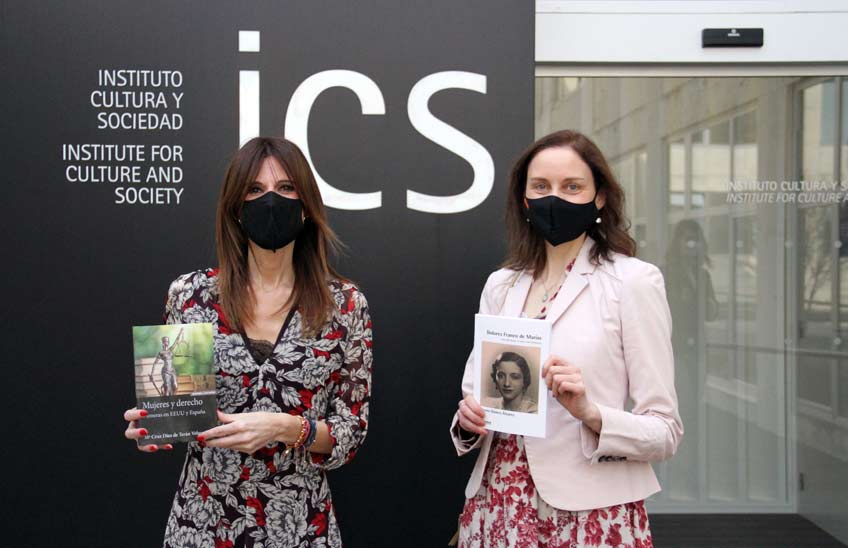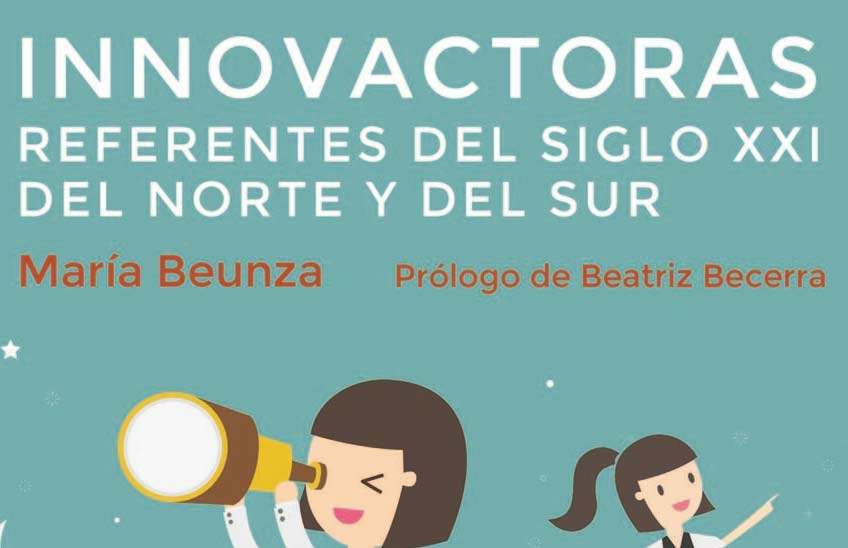A book traces the evolution of the presence and leadership of women in different sectors of activity in Spain.
The publication, which will be presented on 21 April at the Lázaro Galdiano Museum, is promoted by We Are We Add and the publishing houseEUNSA of the University of Navarra, with a foreword by the vice-president and minister Nadia Calviño.

11 | 04 | 2022
On April 21, the book Las mujeres en distintos sectores de la actividad en España. Evolution and leadership. The work is promoted by We Are We Add and published by publishing house EUNSA of the University of Navarra, within the Astrolabio Mujeres Collection, which coordinates REDWINN of Institute for Culture and Society (ICS). The foreword was written by Nadia Calviño, First Vice President and Minister of Economic Affairs and Digital Transformation, at position .
This new Issue gathers the evolution of the presence and leadership of women in different sectors of activity in Spain, from an interdisciplinary point of view and based on reports, articles from knowledge dissemination and good practices. It reflects reflections written by women, experts in different sectors, on the evolution, development and current status of the role of women in Spain in the business, academic, social, family and/or political spheres.
It should be noted that all proceeds from the publication for the authors will go to various NGOs supporting women's employment rate.
Women on management committees and boards of directors
The book is coordinated by Silvia Carrascal and Laura Fernández Castro, members of We Are We Add. Mª Cruz Díaz de Terán, coordinator of REDWINN at the ICS, directs the EUNSA collection in which the book is included.
According to the coordinators of Issue, Spain continues to make progress in gender diversity in management positions, with significant advances in the issue of women in management positions compared to other European Union countries.
Women make up 51% of the population, 58% of new university graduates, but they occupy 20% of management committees and 30% of boards of directors, say the coordinators. Thus, they add that the progress made from the scarce incorporation of women into the labour market at the end of the 19th century to the massive incorporation of women since the 1970s and up to the present day is clear, but they insist that there is still a long way to go.
Carrascal and Fernández Castro point out that, although there is an increase Bof women in leadership positions in Spain, it is important to reflect on the current dataand to look back at the background and the factors that are directly related to change.



